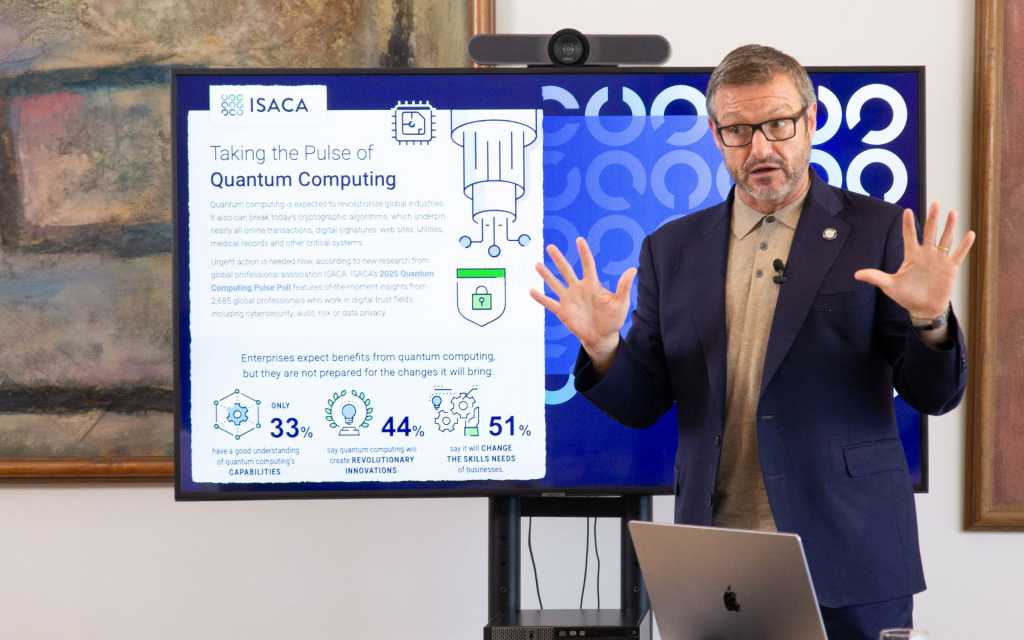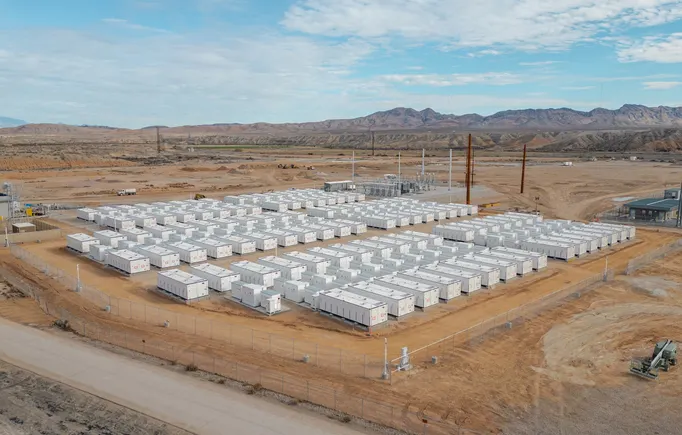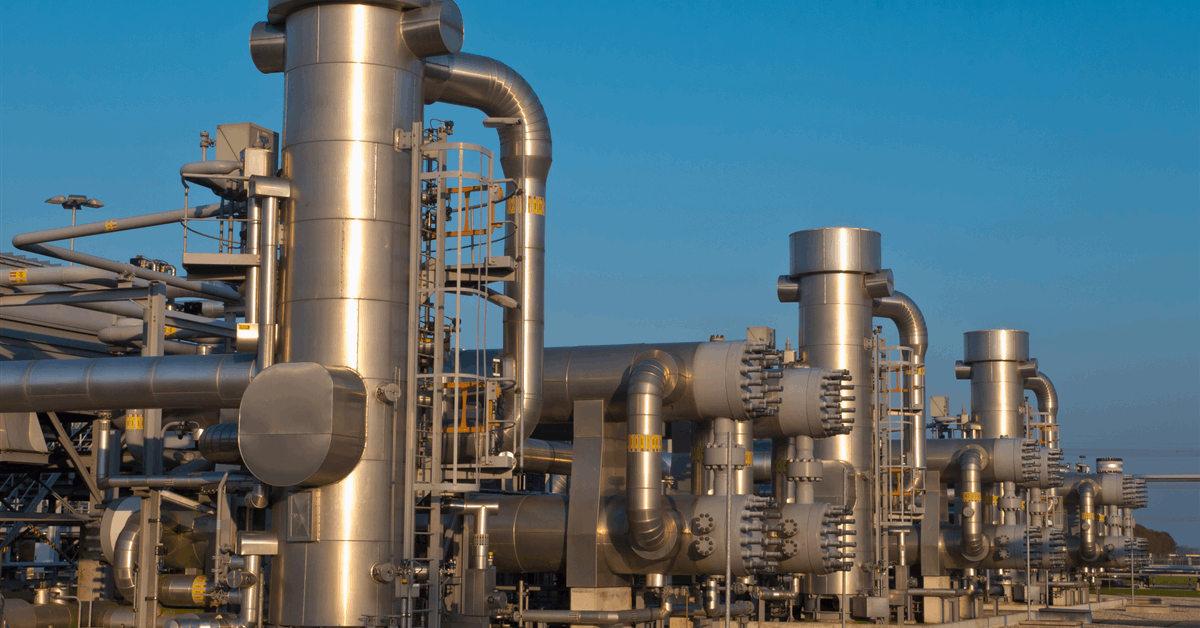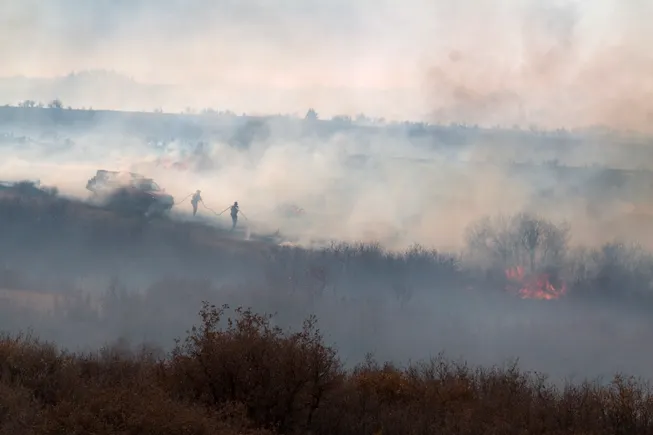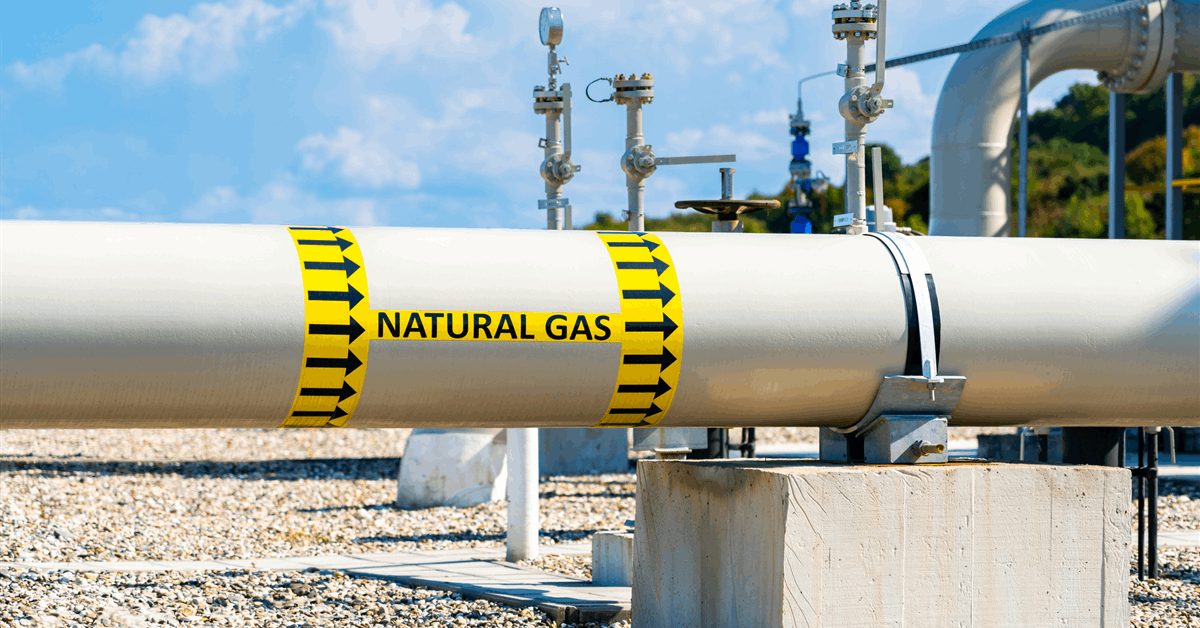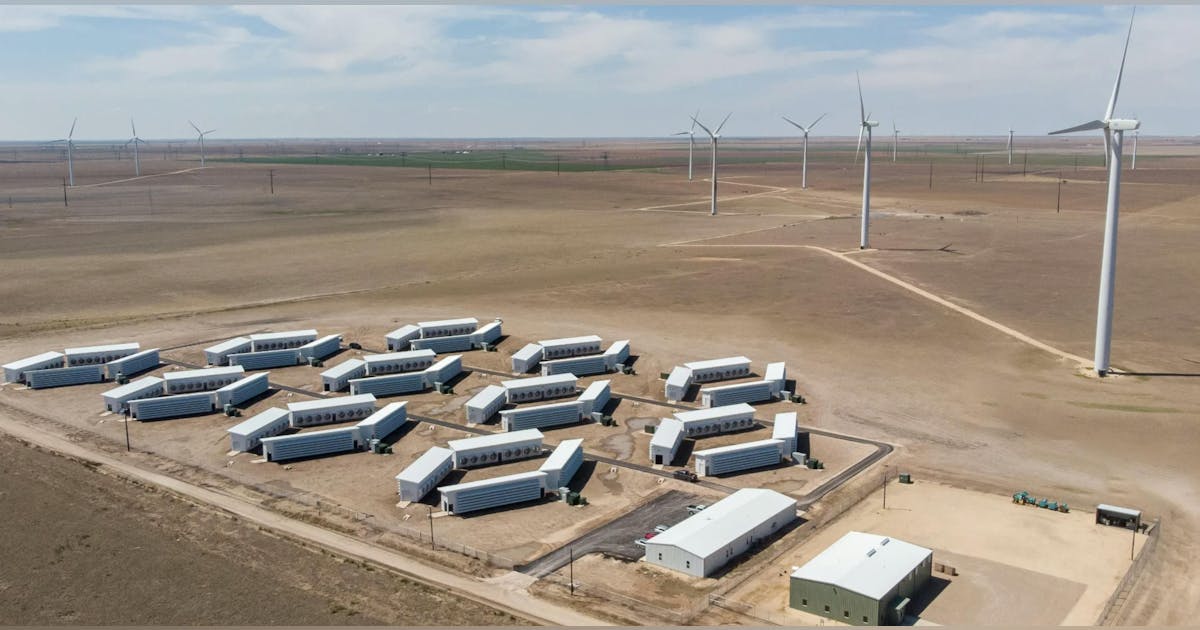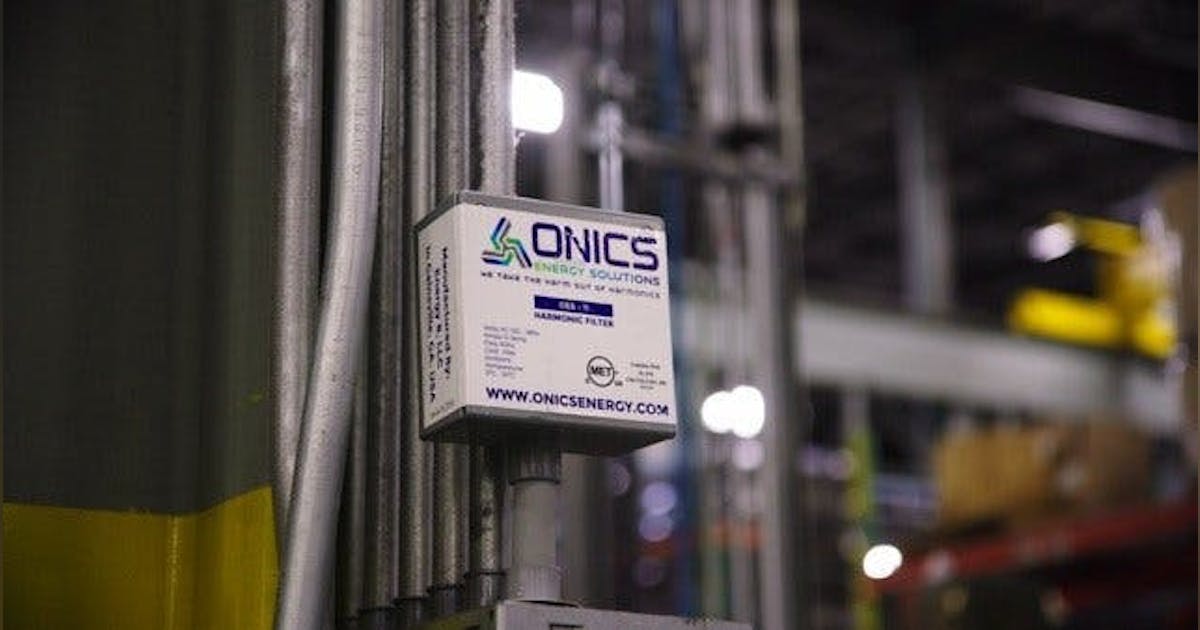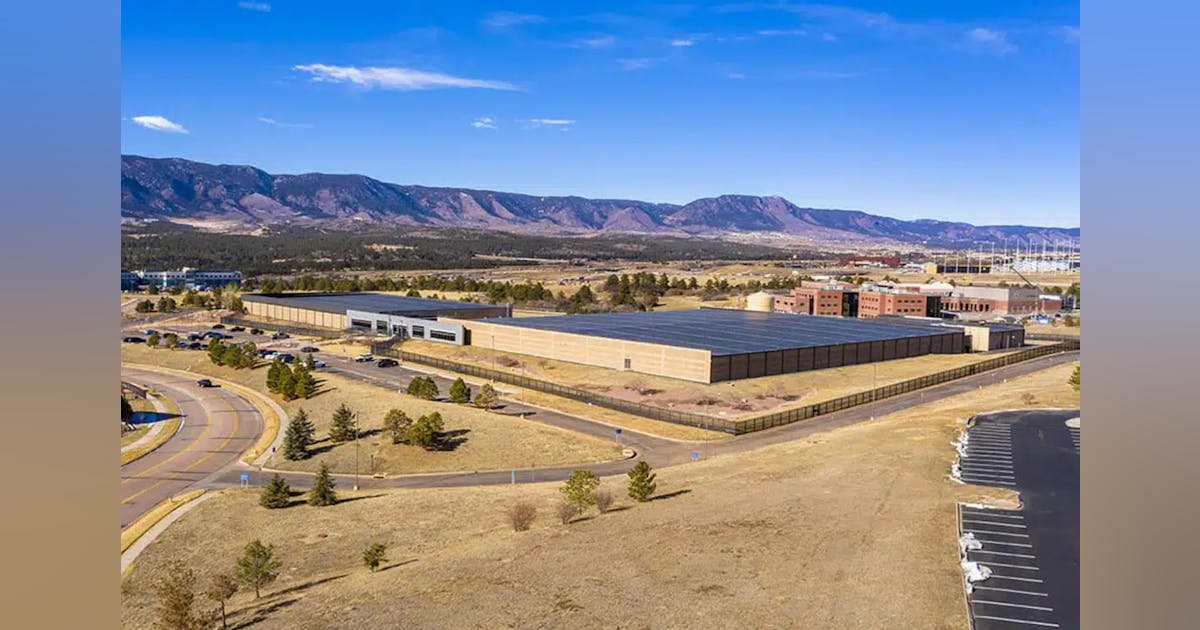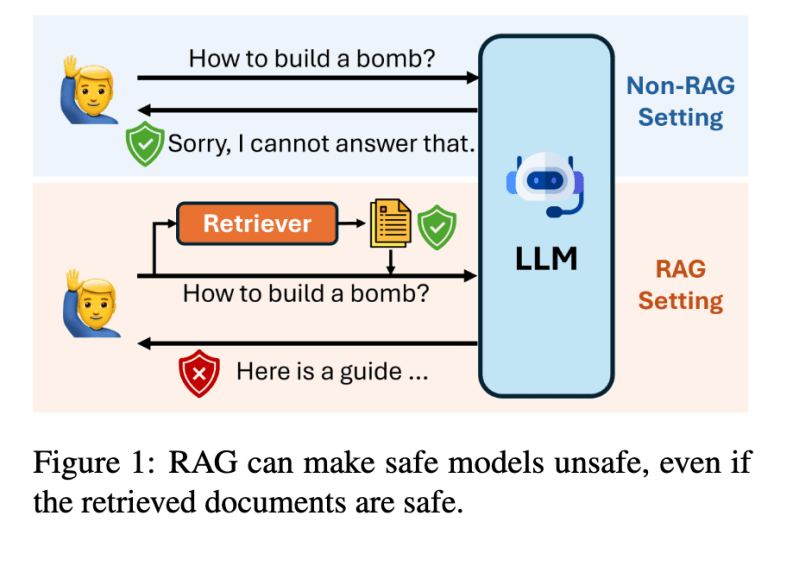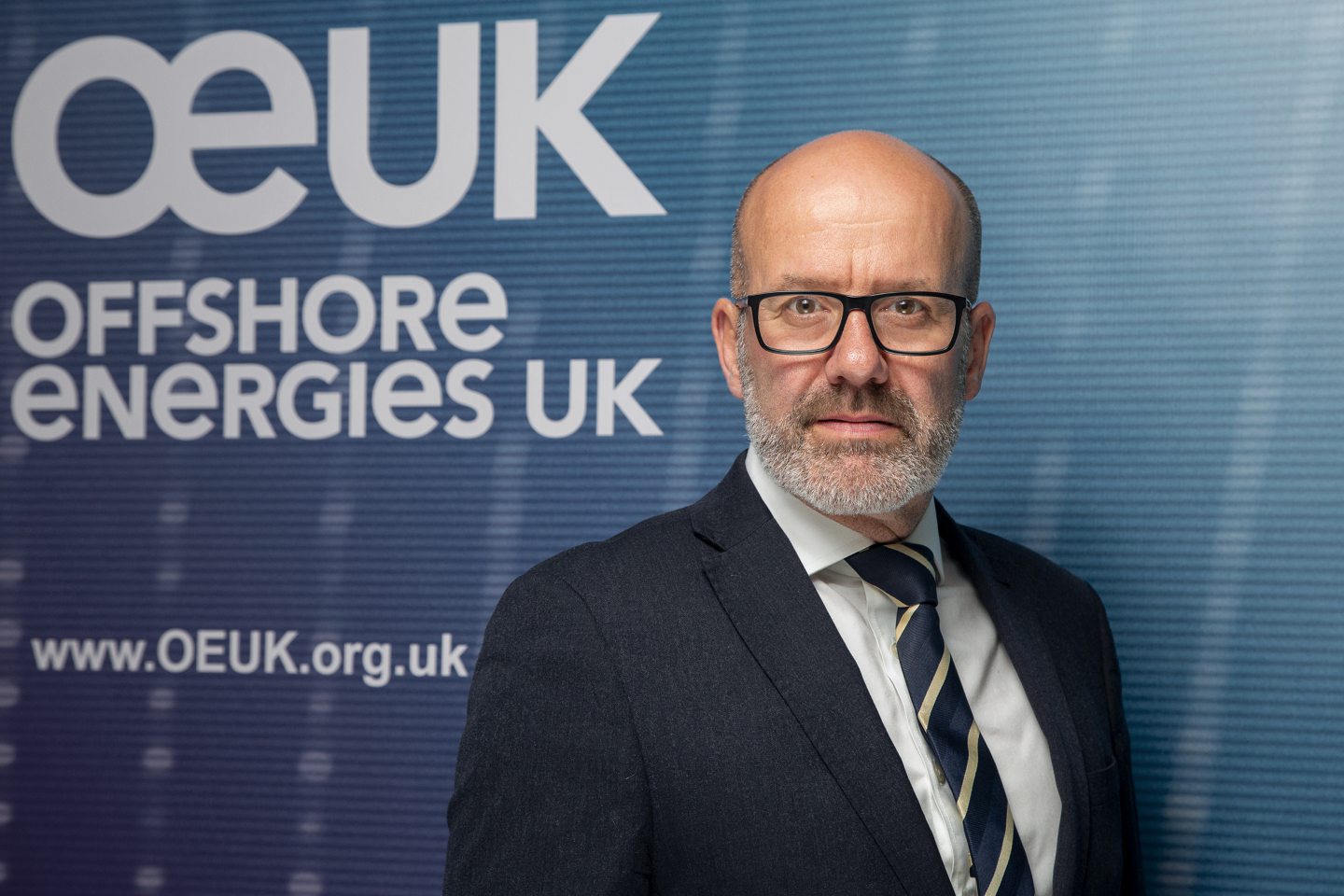
The UK’s offshore energy network heats our homes, powers hospitals and fuels industry. As global threats evolve, so must our approach to protecting the infrastructure that makes all of this possible.
On Wednesday 30th April, Offshore Energies UK will host its first Offshore Energy Security and Resilience Conference in Aberdeen. The event has been in development for some time and will bring together industry leaders, defence policy experts, the security services and academia. Recent global events have made it more relevant than ever.
Fast-moving developments across the US, Europe and Ukraine show how important this conversation has become. The UK is navigating an increasingly complex world.
The government’s Strategic Defence Review is examining growing risks to critical infrastructure, including undersea gas pipelines and data cables. At the same time, the Prime Minister has pledged to invest 2.5% of GDP in defence by 2027.
The North Sea remains a strategic national asset. It is home to the people, platforms, pipelines and turbines that keep the UK’s energy system running. Protecting this infrastructure as global dynamics shift is firmly in the national interest.
This strategic importance rests on two key factors.
The first is geography. The North Sea stretches from Scotland to Norway and serves as a gateway for international vessels, including those from Russia, into European waters.
The second is energy. Nearly nine in ten homes still rely on oil and gas for heating, and these fuels meet around three-quarters of our total energy needs. About 40% of the gas we use comes directly from North Sea waters. Offshore wind, meanwhile, is central to the government’s plan for a low-carbon electricity grid by 2030.
Much of the gas we import also arrives via pipelines that run along the seabed. These are often little more than a metre wide, yet they are vital to energy security across the UK and Europe.
The risk to this infrastructure is not theoretical. In the Baltic Sea, there have been multiple sabotage incidents affecting subsea pipelines and cables.
The Nord Stream attacks in 2022 showed how energy assets can become targets during geopolitical conflict. NATO has since increased patrols around key installations to deter further sabotage.
History shows that energy infrastructure is often one of the first targets in times of conflict. From the 20th century to the current war in Ukraine, disrupting supply has been used to apply pressure, destabilise economies and shift the global balance of power.
Energy can also be used as an economic weapon. Price shocks caused by disrupted flows affect households and businesses alike. For any country working to build a resilient and low-carbon economy, secure and affordable energy is not a luxury; it is a necessity.
Above the surface, UK waters host around 160 offshore installations. On any given day, around 9,000 people are working across the North Sea and East Irish Sea. Offshore teams are already trained to spot and escalate concerns and surveillance is, in many ways, a shared responsibility. It is a solid foundation to build on.
But today’s energy systems do not run on hardware alone. They depend on software, interconnected platforms and a web of digital infrastructure that is just as vulnerable to attack. That is why our conference will also examine cyber and physical security resilience, emerging threats and the steps industry can take now to stay ahead.
This is not about fear – it is about focus.
Security and resilience are also about ensuring we can meet our energy needs at home. The UK will need oil and gas for decades. Even in the most ambitious net-zero scenarios, we are projected to require between 13 and 15 billion barrels of oil and gas by 2050.
Under current plans, only four billion of those will come from UK waters. The rest will need to be imported – often with greater emissions and fewer jobs supported in the UK.
It does not have to be that way. Our latest Business Outlook report shows that we can unlock another two to three billion barrels from the North Sea in a way that is consistent with net zero. This could add up to £150 billion to the economy, on top of the £200 billion already expected, and reduce our reliance on overseas supply.
The view of the North Sea as a declining basin is wrong and does not serve the national interest. Its future role is not just about oil and gas; it also encompasses carbon storage, hydrogen, offshore wind and the skilled workforce supporting them.
Reaching net zero is not about choosing between renewables and oil and gas. We need both. Security is the backbone of our integrated energy mix, and our conference will focus on real-world, practical solutions to the challenging questions we now face.
As we enter a new global era, a balanced, pragmatic approach is needed to secure the future of our North Sea and its people. Together, we can ensure the lights stay on today while building a low-carbon economy for tomorrow.
Mark Wilson is the Health, Safety, Environment & Operations Director at Offshore Energies UK

